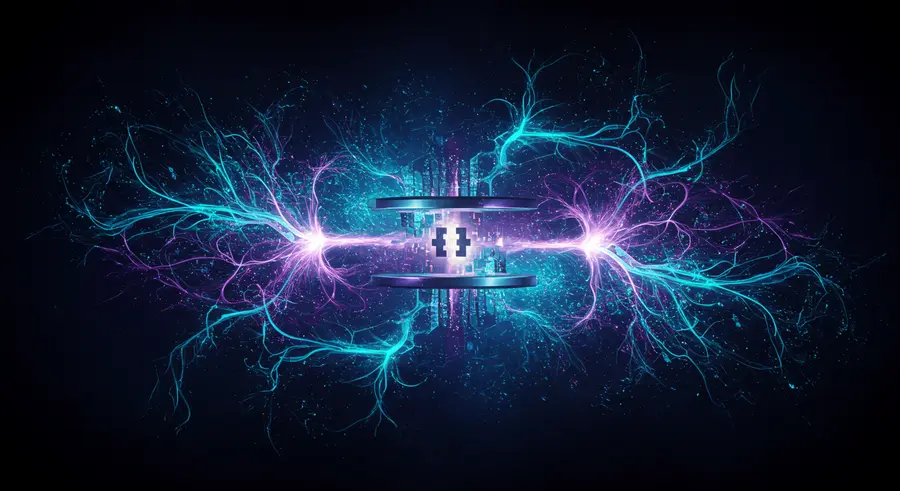Quantum Neural Networks: Bridging Quantum and AI
Unveiling the next frontier in artificial intelligence: neural networks powered by quantum mechanics.
Introduction to Quantum Neural Networks (QNNs)
In the relentless pursuit of more powerful and efficient artificial intelligence, researchers are increasingly looking beyond classical computing paradigms. Quantum Neural Networks (QNNs) represent a groundbreaking intersection of quantum computing and artificial intelligence, aiming to harness the unique properties of quantum mechanics—like superposition and entanglement—to build neural networks that could potentially solve problems intractable for conventional deep learning models.
While still in its nascent stages, QNNs hold the promise of revolutionizing fields from drug discovery and materials science to financial modeling and complex optimization. By encoding information in quantum states and leveraging quantum gates for computation, QNNs seek to process information in fundamentally different ways, potentially leading to exponential speedups for certain tasks.

The Quantum Leap in Neural Networks
At its core, a classical neural network consists of layers of interconnected nodes (neurons) that process information. QNNs adapt this concept by replacing classical neurons or connections with quantum components, such as qubits and quantum gates. This allows for computations to occur in a quantum Hilbert space, where the potential for parallel processing and complex correlations is vastly greater.
One common approach to QNNs involves Variational Quantum Algorithms (VQAs). These algorithms use a hybrid quantum-classical approach, where a quantum circuit prepares a quantum state, and a classical optimizer adjusts the parameters of this circuit to minimize a cost function. This iterative process mirrors the training of classical neural networks, but with the computational heavy lifting performed on a quantum processor.
Key Components of QNNs:
- Qubits: The fundamental building blocks, capable of existing in superposition.
- Quantum Gates: Operations that manipulate qubit states, analogous to classical logic gates.
- Parameterized Quantum Circuits (PQCs): A sequence of quantum gates with tunable parameters, forming the 'neural network' part.
- Measurement: Projecting quantum states back to classical bits to obtain results.
- Classical Optimizer: An algorithm that updates the parameters of the PQC based on measurement outcomes and a cost function.
Potential Applications and Future Outlook
The implications of effective QNNs are profound, offering new avenues for tackling currently insurmountable computational challenges:
- Drug Discovery and Materials Science: Simulating molecular interactions with unprecedented accuracy.
- Financial Modeling: Developing more sophisticated models for risk assessment, options pricing, and market prediction, leveraging advanced financial insights.
- Optimization Problems: Solving complex logistics, scheduling, and routing problems faster than classical algorithms.
- Pattern Recognition: Identifying intricate patterns in massive datasets, potentially enhancing areas like image and speech recognition.
- Cryptography: Developing new quantum-resistant cryptographic methods.
While significant hurdles remain, such as qubit stability, error correction, and scaling up quantum hardware, the rapid advancements in quantum computing suggest that QNNs will play an increasingly vital role in the future of AI. Researchers worldwide are actively exploring different QNN architectures and training methodologies, pushing the boundaries of what's possible at the quantum-AI frontier.
For those interested in diving deeper into the technical aspects of QNNs and specific algorithms, resources like IBM Quantum Lab and academic papers on arXiv provide invaluable insights.